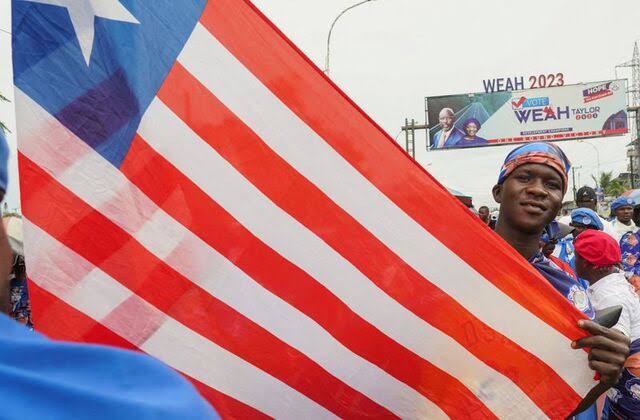Mental health, a cornerstone of overall well-being, transcends borders and affects people from all walks of life. Globally, one in four individuals, equating to 450 million people, grapples with mental health issues necessitating diagnosis and treatment. This pressing concern knows no bounds, impacting up to 12% of the world’s population. As we commemorate World Mental Health Day 2023, it serves as a poignant reminder that mental health is not a privilege but a universal human right.
The World Health Organisation (WHO) defines mental health as a state of well-being wherein individuals can harness their full potential, navigate life’s challenges, engage in meaningful work, and contribute positively to their communities. Against this backdrop, World Mental Health Day 2023 rallies communities worldwide under the banner that “mental health is a universal human right.” This unifying theme aims to bolster awareness, knowledge, and action to safeguard and enhance mental well-being for all.
The Right to Mental Health
Crucially, every individual possesses an inherent right to mental health, regardless of their background or geographical location. This right encompasses protection against threats to mental well-being, access to readily available, high-quality mental healthcare, and the pursuit of liberty, independence, and social inclusion.
The intricate interplay between physical and mental health cannot be overstated. The impact of mental health disorders extends beyond the psyche, affecting physical health, overall well-being, relationships, and livelihoods. Alarmingly, one in eight people worldwide grapples with mental health issues, underscoring the pervasive nature of this global challenge. In recent years, teenagers and young adults have increasingly confronted mental health challenges, warranting concerted efforts to address their specific needs.
Human Rights and Mental Health
A disconcerting reality persists: individuals with mental health issues continue to grapple with human rights violations on a global scale. Many face exclusion and discrimination, while others lack access to essential mental healthcare or endure care that violates their fundamental rights. The WHO unequivocally asserts that “a person’s mental health condition should never justify denying them their human rights or excluding them from discussions about their own health.”
World Mental Health Day transcends borders and is observed in more than 100 countries through localised events and programs. However, understanding the nuanced challenges faced by people and communities in Africa is essential to crafting effective solutions for enhancing well-being and combating stress.
Strategies for Promoting Mental Well-Being in Africa
Addressing these complex challenges while harnessing the continent’s resilience and resourcefulness is paramount to promoting well-being in Africa. To this end, several strategies are instrumental:
Implementing these well-being and stress-reduction measures in Africa is not without its challenges. Limited resources, bureaucratic hurdles, and cultural norms can present obstacles. Nevertheless, these strategies offer promising avenues to surmount such challenges and drive progress.
In the words of Noam Spencer, Ph.D., “Mental health…is not a destination, but a process. It’s about how you drive, not where you’re going.” To effectively nurture well-being and address stress in Africa, governments, civil society, healthcare professionals, employers, and individuals must unite in their efforts. Despite the myriad obstacles, the tenacity, creativity, and resilience of the African people provide grounds for optimism about genuine progress. By prioritising mental health in policymaking, Africa can move closer to realising its goals of development, prosperity, and well-being for all its citizens.


